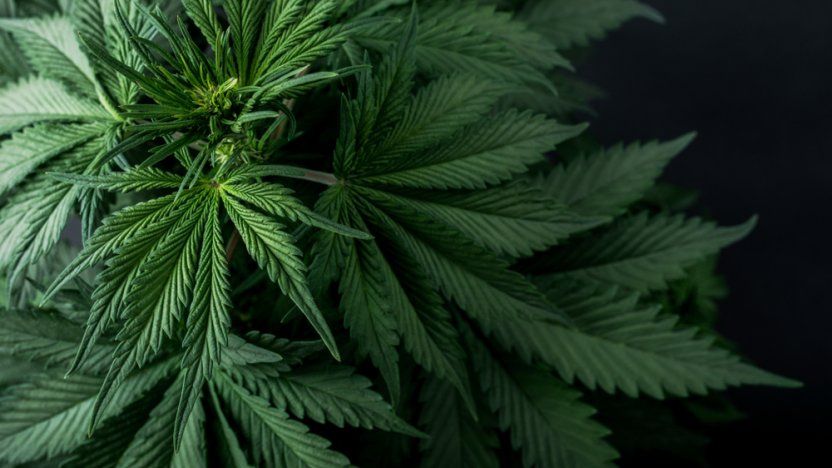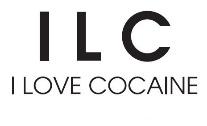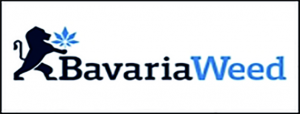From cocaine to cannabis: Drugs as trademarks in the EU

As the high-profile ruling in BavariaWeed illustrated earlier this year, many (illegal) drug references, images and terms are not eligible for trademark registration in the EU on the grounds of public order or morality. What can be registered depends largely on the type of drug to which the trademark refers, as Laetitia Cardi discusses.
When seeking to protect brand names that include drug references, a distinction must be made between legal drugs and substances, such as medicines, alcohol and tobacco, and illegal drugs such as cocaine, heroin, LSD, ecstasy, cannabis and others.
The former can be registered under class 5 for medicines and other pharmaceutical products, classes 32 and 33 for beer and other alcoholic beverages, and class 34 for tobacco products. However, when it comes to illegal drugs, the picture is not so clear-cut, with many applications vulnerable to rejection on the grounds of public policy or morality.
In its webinar ‘The good and bad side of drugs: accepted principles of morality under Article 7(1)(f) EUTMR’, the European IP Office (EUIPO) provided a helpful overview of what kind of drug terms can be registered as European trademarks (EUTMs) and which are likely to be refused.
Cocaine trademarks, public policy and morality
As a  general rule, a trademark that is perceived to trivialise or promote the use of ‘hard’ drugs (such as cocaine) will be refused on the grounds of public policy or morality. An example of this is the EU trademark application (No. 013590948) for ‘I Love Cocaine’ (pictured right).
general rule, a trademark that is perceived to trivialise or promote the use of ‘hard’ drugs (such as cocaine) will be refused on the grounds of public policy or morality. An example of this is the EU trademark application (No. 013590948) for ‘I Love Cocaine’ (pictured right).
Conversely, a trademark referring to a hard drug may escape rejection on this basis, provided that its purpose is clearly to combat the drug in question.
Examples here include the EUTM ‘No Cocaine Here’ (No. 018013263), which was successfully filed in 2019 for art objects in classes 6, 16, 20 and 21, and for exhibition organisation services in class 41, and the EUTM ‘Cocaine Anonymous’ (No. 000121087), which is registered for detoxification services in class 42.
Cannabis trademarks and other ‘soft’ drugs
Trademarks referring to ‘soft’ drugs, such as those grouped under the term cannabis or marijuana, will be refused registration if they designate tobacco products (Class 34), services for the sale of such products for the purpose of smoking (Class 35) or entertainment services (Class 41).
On the other hand, and provided they are distinctive, such names could potentially be accepted for registration under other classes. For instance, goods in classes 3 (cosmetics), 5, 10 (pharmaceutical, medical), 31 (plants), and services in class 35 (sale of such goods for purposes other than smoking) or 44 (medical services).
For such trademarks not to be rejected on the grounds of public policy or morality, however, the application must be made in good faith and the registered sign must not convey any message or possible interpretation that promotes or incites the use of such drugs.
Finally, in classes 29, 30, 32 and 33 (food and drink) and 43 (supply of food and drink), a distinction will be made according to the type of drug involved. For example, a trademark referring to marijuana and suggesting that the product will deliver psychotropic effects will in principle be refused registration.
Bavaria Weed: A cannabis trademark that did not pass the test
In its May 2021 decision, the General Court of the EU upheld the rejection of a trademark application for Bavaria Weed (pictured left), for services in classes 35, 39, 42 and 44 relating to the marketing of cannabis for medicinal purposes (among others). In this case, the use of the term ‘weed’, a slang term used to describe illegal marijuana, was found to refer to recreational use, which is prohibited in many EU member states, rather than to therapeutic use.
(pictured left), for services in classes 35, 39, 42 and 44 relating to the marketing of cannabis for medicinal purposes (among others). In this case, the use of the term ‘weed’, a slang term used to describe illegal marijuana, was found to refer to recreational use, which is prohibited in many EU member states, rather than to therapeutic use.
Although the issue of legalising cannabis for therapeutic and recreational purposes is being debated in many EU member states, its consumption and use currently remain illegal in most states. As a result, particular care should be taken with any trademark application referring to cannabis or any other illegal drug in the EU.
For more information or specific advice, please do not hesitate to consult your Novagraaf attorney or contact us below. To watch the EUIPO’s webinar, register at: ‘The good and bad side of drugs: accepted principles of morality under Article 7(1)(f) EUTMR’.
Laetitia Cardi is a Trademark Attorney in Novagraaf’s Paris office.